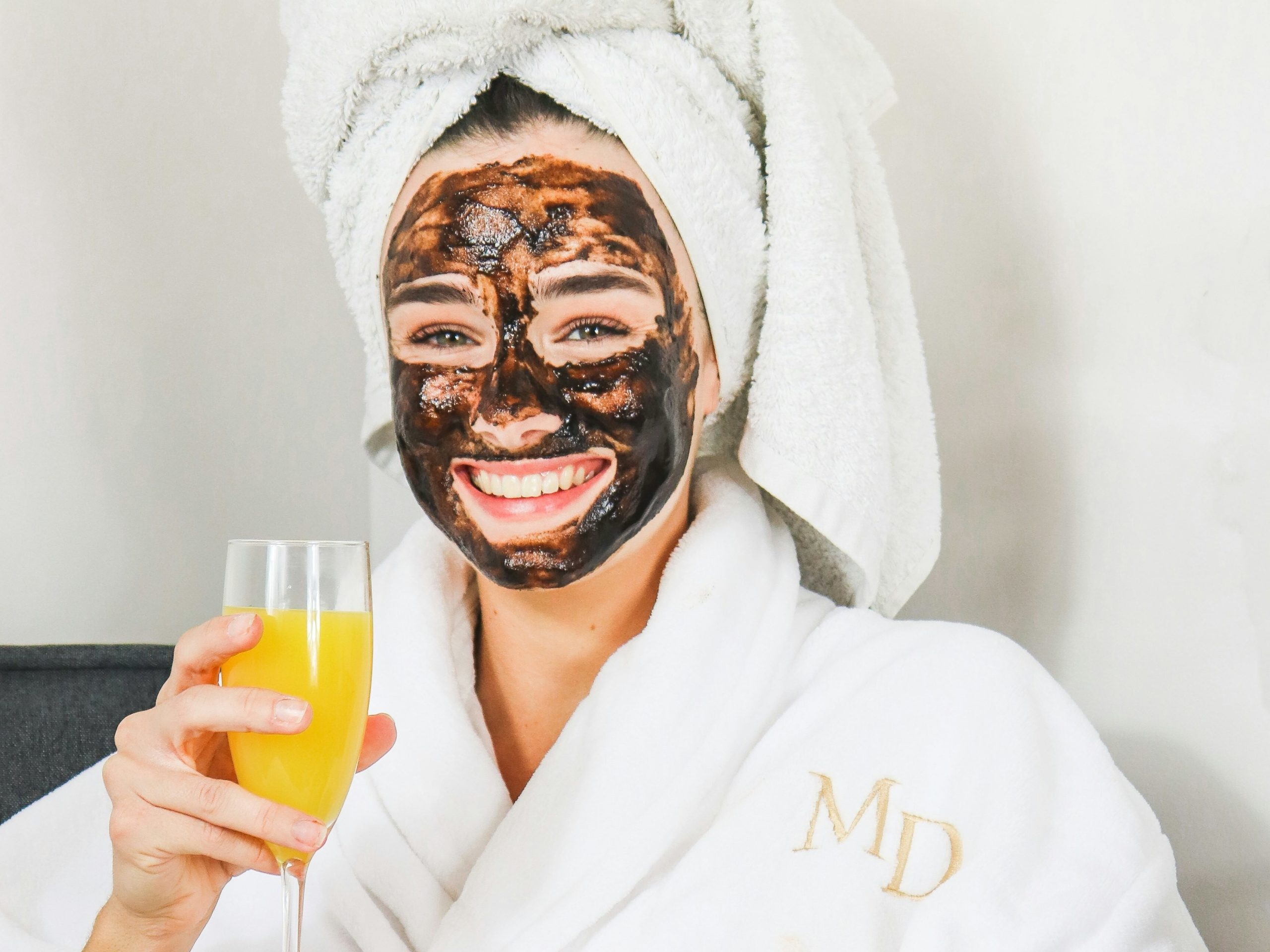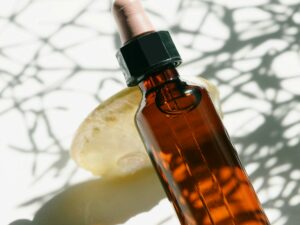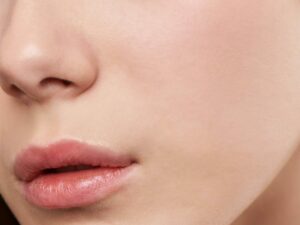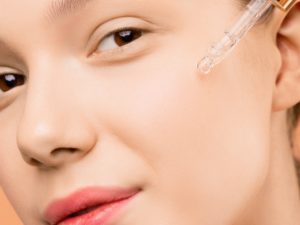The Best Vitamin C Alternatives to Reduce Dark Spots
Vitamin C is one of the most popular options in skin care to help reduce dark spots, even skin tone, and fix hyperpigmentation. However, it may not be the best option for you, especially if you are prone to skin sensitivity. These skincare ingredients may be good vitamin C alternatives that can help reduce skin concerns with ease.

Find out everything you need to know about vitamin C alternatives with this list of skincare ingredients that may be a better option than vitamin C today.
What Is Vitamin C
Vitamin C is a common skincare ingredient that acts as an antioxidant to fight free radical damage on the skin. It protects the skin barrier from damage and can even have a collagen-boosting effect, which can reduce signs of aging. Vitamin C can also decrease hyperpigmentation, even the skin tone, reduce fine lines and wrinkles, and protect from UV damage from the sun’s rays. Some studies have shown that it augments the effects of sunscreen, meaning it can boost your sunscreen’s ability to protect you from the sun.
Vitamin C comes in many forms. Some of the most stable forms include L-ascorbic acid, ascorbyl palmitate, tetrahexyldecyl ascorbate, and magnesium ascorbyl phosphate.
Why is Vitamin C Not for Everyone
Well, vitamin C has very beneficial effects on the skin, but it is not for everyone for a variety of reasons. Vitamin C is very unstable, and formulating it into skincare has been a challenge for many manufacturers. The shelf life of vitamin C, particularly in its purest form ascorbic acid is very short. This leads to the product oxidizing, changing colors, and being less effective for the skin.
Furthermore, it can have irritating effects, especially on sensitive skin. Your skin has a pH of around 5. Vitamin C is acidic and needs to be at a pH of 3 or lower for it to work. This may cause skin irritation, skin sensitivity, and redness to occur. Excessive use may even damage the skin barrier, as an acidic pH compromises it and causes inflammation. Signs of vitamin C sensitivity include burning, redness, itching, increased sensitivity, and inflammation. It is important to avoid pairing vitamin C with other exfoliating acids such as alpha hydroxy acids (AHA), beta hydroxy acids (BHA), and retinoids.
Plus, if you’re looking for a skincare ingredient to help reduce dark spots and hyperpigmentation, there might be better options that are more stable in skincare and cause less irritation. Check out the list of four skincare ingredients better than vitamin C below.
4 Vitamin C Alternatives You Have to Try
Here are 4 vitamin C alternatives that can help reduce dark spots, even skin tone, and reduce hyperpigmentation!
1. Papaya Extract
Papaya extract is an ingredient that can be used to help treat hyperpigmentation with few side effects. The enzymes, vitamins, and phytochemicals in papaya may help reduce dark spots, which results in even skin tone.
Papaya extract is also a good option for people with sensitive or dry skin, as it may offer many benefits to skin barrier health. This skincare ingredient still needs more research to truly prove its effectiveness, but it is a good option for people with sensitive skin, especially those who are prone to irritation and inflammation of the skin barrier.
2. Alpha Arbutin
Alpha arbutin is a very common skincare ingredient that can help reduce hyperpigmentation and dark spots. It is extracted from a plant but can also be synthesized in a lab.
Alpha arbutin helps block the production of enzymes that stimulate cells that produce melanin. It can even help protect the skin from UV light exposure. This can even be used to treat scars, age spots, and dark spots.
3. Kojic Acid
Kojic acid is a skincare ingredient made from certain fungi or fermented foods. They work by inhibiting an amino acid that is needed to produce melanin. This can have a lightning effect on hyperpigmentation and dark spots.
Some common side effects occur in people with sensitive skin, but this commonly occurs in much higher concentrations than what is used in skincare formulations.
4. Retinoids
Retinoids are one of the most common and highly studied skincare ingredients. They are a form of vitamin A and can treat many things from acne to dark spots. Depending on the strengths and type of retinoid used, common symptoms of retinoid use include dryness, skin irritation, and increased sensitivity.
However, if used at a low dose around two times a week, this can help your skin become used to retinoids. This allows you to gain the benefits without irritation. As your skin becomes accustomed to this ingredient, you can later increase usage or dosage as you see fit.
Bonus Ingredient: Hydroquinone
Hydroquinone is a skincare ingredient that causes skin lightening. It decreases the cells that produce melanin, making it an option for the treatment of hyperpigmentation. This skincare ingredient takes about a month to take effect. It is also used to treat acne scars, reduce freckles, and decrease age spots. However, this skincare ingredient is not for everyone.
If you have dry or sensitive skin, you may need to use a low dose of this skincare ingredient, as it may further dry out or irritate the skin. Individuals with normal to oily skin usually experience little to no side effects. However, this is usually used by individuals with fair skin tones. Darker skin tones should consult with dermatologists, as it may actually worsen hyperpigmentation in darker skin tones.
The Takeaway
Vitamin C is not for everyone. These skincare ingredients are vitamin C alternatives that can help you reduce dark spots, even skin tone, and fix hyperpigmentation. Try them out but always remember to patch-test new skincare by applying it to the inside of the arm or the leg, then waiting 48 hours. This ensures you test for allergic reaction or sensitivity. Do not try out more than one skin care product at once. This increases the chances of irritation and prevents you from knowing the effect of one single skin care product.
Remember that health comes from within. Eat nutrient-dense food, move your body, and care for your mental health. Daily habits are the building blocks for emotional, mental, and physical health. As shown above, take care of your gut health! Learn everything you need to know about gut microbiota today for free here.





